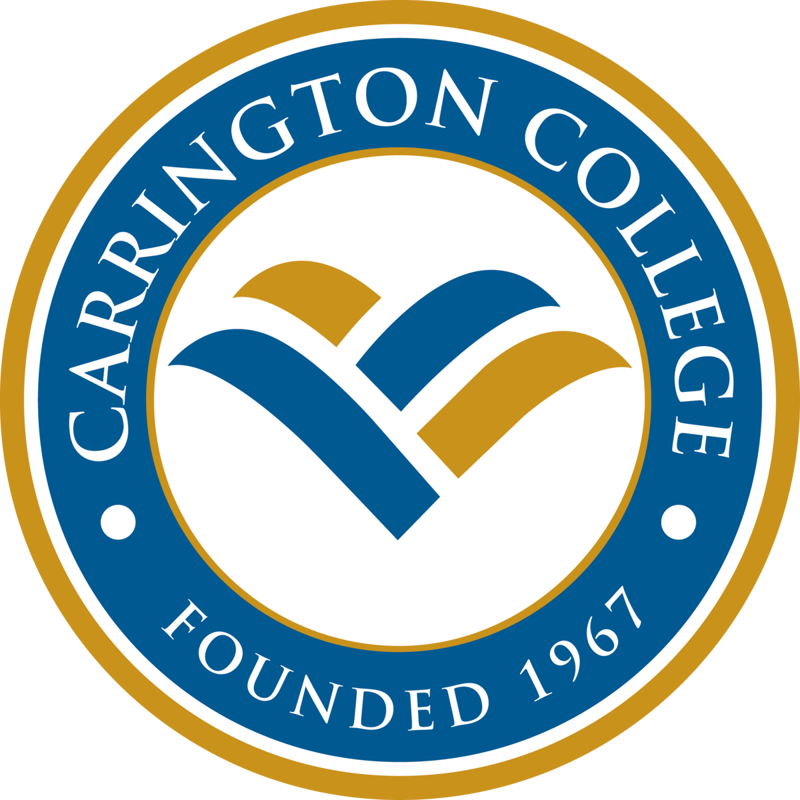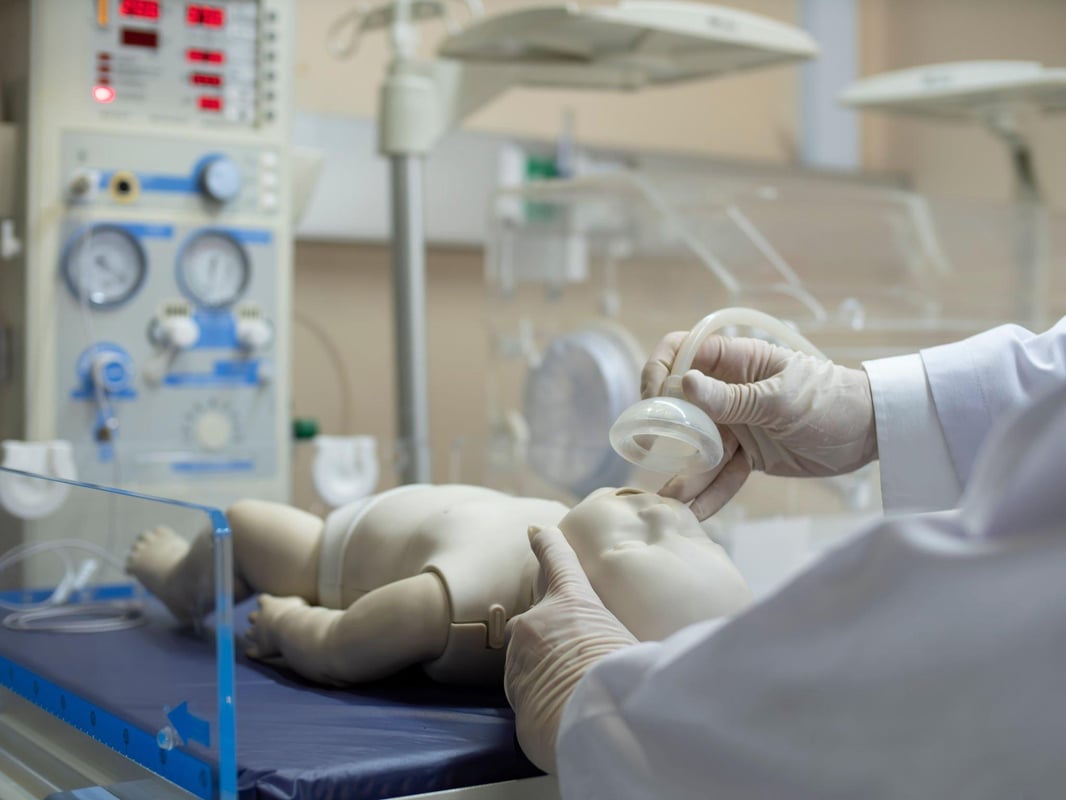
Financial aid (may be available)

Financial aid (may be available)

Financial aid (may be available)

Financial aid (may be available)
No cost info
$276 total
$2,075 total
$410 total
$365 total
$150 total
No cost info
$285 total
No cost info
$150 total
Are you searching for Pediatric Advanced Life Support (PALS) classes in Portland? If so, you're on the right track to a rewarding career in healthcare. PALS training is essential for healthcare professionals who are on the front line of pediatric emergencies, and it can open doors to a variety of job opportunities. In this comprehensive guide, we'll explore what PALS is, the training requirements, what to look for in a class, and what to expect from day-to-day classes.

Pediatric Advanced Life Support (PALS) is a program designed by the American Heart Association. This program equips healthcare professionals with the knowledge and skills necessary to respond to life-threatening situations involving infants and children. The program covers a range of critical skills, from recognizing and managing cardiac arrest, to effective communication and coordination within a resuscitation team.
To enroll in a PALS course, you must be a healthcare professional who either directs or participates in the management of respiratory or cardiovascular emergencies and cardiopulmonary arrest in pediatric patients. This includes personnel in emergency response, emergency medicine, intensive care, and critical care units.
Before taking a PALS course, it's recommended that you have:
Basic Life Support (BLS) certification
Knowledge of ECG rhythm interpretation
Familiarity with basic pharmacology
When searching for the right PALS class in Portland, there are several factors to consider:
Accreditation: Ensure the course is accredited by the American Heart Association.
Course Content: The course should cover essential topics like pediatric assessment, basic life support, PALS treatment algorithms, and effective resuscitation team dynamics.
Instructors: Look for experienced instructors who have a background in healthcare.
Practical Training: The course should provide hands-on training in addition to theoretical learning.
Flexibility: Consider whether the course offers flexible learning options, like online or evening classes.
PALS classes involve a mix of theoretical learning and practical training. Here's what you can expect:
Lectures: These cover the theory behind pediatric advanced life support, including the physiology of serious pediatric conditions and the latest guidelines for treatment.
Practical Sessions: These involve hands-on training in key skills like chest compressions, airway management, and using a defibrillator.
Group Discussions and Case Studies: These help students understand the practical application of PALS concepts in real-world scenarios.
Examinations: Both written and practical exams are used to assess students' understanding and proficiency.
The PALS certification process involves successfully completing the course and passing all assessments. After passing the course, you'll receive a PALS provider course completion card, which is valid for two years. To maintain your certification, you must take a PALS renewal course before your current certification expires.
Once you have your PALS certification, you'll be qualified to work in a variety of healthcare settings. You could work in a hospital's intensive care unit, an emergency department, or in pre-hospital environments like ambulance services. To find job opportunities, you can use job search websites, reach out to your network, or check the job boards of local healthcare facilities.
After becoming PALS certified, you might consider further training to expand your skills and job opportunities. For instance, you might want to pursue training in Advanced Cardiovascular Life Support (ACLS) or Neonatal Resuscitation Program (NRP). Additionally, you might also consider pursuing a career as an EMT, a healthcare administrator, or a respiratory therapist.
For those interested in pre-hospital emergency care, becoming an Emergency Medical Technician (EMT) could be a great career path. Like PALS, EMT training equips you with vital life-saving skills.
If you're interested in the administrative side of healthcare, consider becoming a Healthcare Administrator. This role involves managing healthcare facilities, like hospitals or nursing homes.
For a more specialized role in healthcare, you might consider becoming a Respiratory Therapist. Respiratory therapists work with patients who have breathing difficulties, and they play a key role in managing respiratory emergencies.
Becoming PALS certified can be a stepping stone to a variety of rewarding careers in healthcare. Whether you're new to the field or looking to enhance your existing skills, PALS training can provide you with the knowledge and confidence to handle pediatric emergencies. Remember, the key to a successful career in healthcare is continued learning and development. Whether you choose to be an EMT, a healthcare administrator, or a respiratory therapist, ongoing training is crucial in this ever-evolving field.
Dreambound has an extensive collection of guides that dive deep into how to get started in the field, tailored for various cities. For those based in different locations or planning to move, we recommend exploring our other guides.
Are you exploring diverse professional opportunities? Take a closer look at these resources that Dreambound has written to help in your search.
Dreambound's platform allows prospective students to find the right educational program for them through searching, filtering, and connecting with our extensive selection of career & technical education partners.
Dreambound has over 70 programs across healthcare, technology, business, and industrial trades. This includes programs such as Medical Billing, Cybersecurity, and welding.
Some of our schools offer financial aid for those who qualify. Many others offer payment plans, where you can pay the cost of class over time.
Yes, Dreambound offers many online programs. On Dreambound's search, you can filter by online, in-person, and hybrid (part online, part in-person).
Dreambound is completely free for you to use! We are supported by schools and organizations who pay to advertise on our website, so we can offer all of our career resources for free.